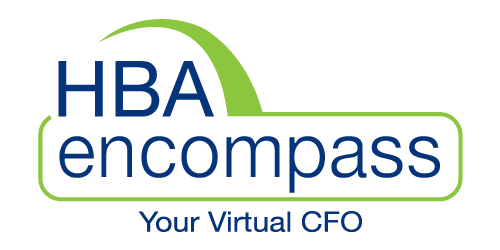Five tips for creating a successful SMSF
February 18, 2016 6:36 am | | Categorised in: Firm journalThere are many advantages to having a self-managed superannuation fund (SMSF). Increased flexibility and control over your savings are the most obvious benefits, with many SMSF trustees and members appreciating the ability to make their own investment decisions.
Here are five tips that can help set your SMSF up for success in 2016:
Have a written investment strategy and review it annually
While having an investment strategy is mandatory for all SMSFs, not having one that is adequate enough is a common mistake among most SMSFs. An SMSF’s investment strategy should be specific and suitable for all members of the fund, including adult children or younger spouses whose investment goals may be different from a retiree.
Don’t mix personal assets with your super fund’s assets
Trustees need to manage their fund’s investments separately from member’s personal or business investments and ensure that the fund has clear ownership of its investment assets. To protect fund assets in a creditor dispute and prevent costly legal action to prove who owns them, assets should be recorded in a way that:
- distinguishes them from your personal or business assets
- clearly shows legal ownership by the fund.
Make sure your fund is compliant
Never forget that you are the person who is in control of your fund. With that control, comes responsibility. You are responsible for ensuring that your trust deed is up to date, your tax returns are submitted on time, your binding death nominations are up to date (or reversionary), your contribution caps are in line with laws and minimum pensions are drawn if in pension mode.
Learn as much as you can
Education is always beneficial when it comes to looking after your money. There are many websites that have publish information designed to help individuals better understand their SMSF or potential SMSF.
Seek professional advice
If you’re having problems with your SMSF, or you don’t understand how it works, it is important to ask questions. Professional advice can be quite valuable as you learn how to manage your money in the most tax-effective and effective way possible. Always remember that there is no such thing as a silly question when it comes to your money.
